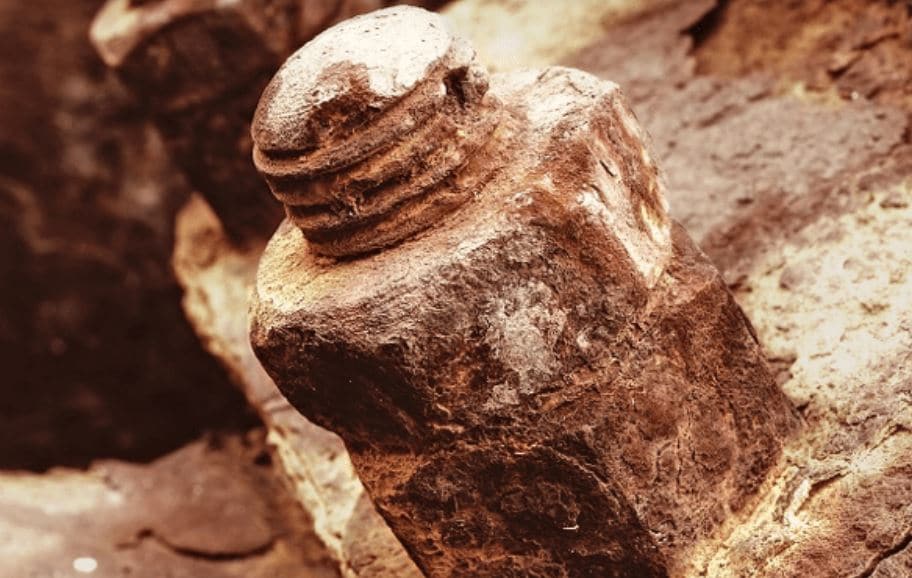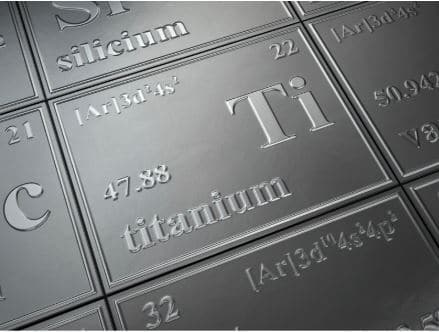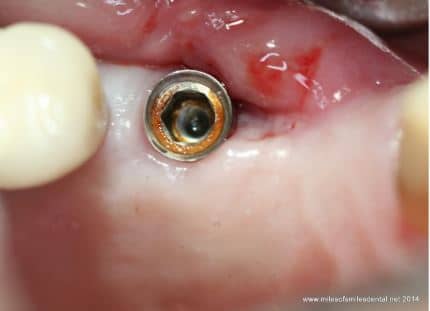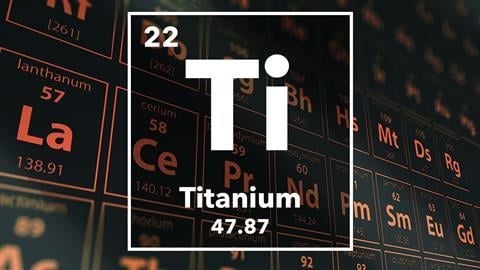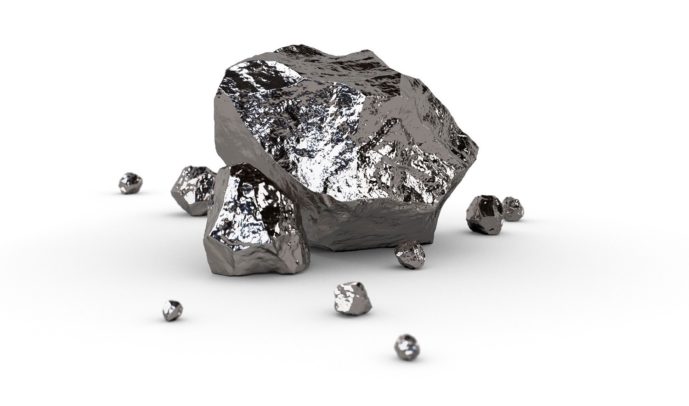The post Titanium Corrosion in the Oral Environment appeared first on Emerginnova.
]]>The post Titanium Corrosion in the Oral Environment appeared first on Emerginnova.
]]>The post Titanium Toxicity appeared first on Emerginnova.
]]>The post Titanium Toxicity appeared first on Emerginnova.
]]>